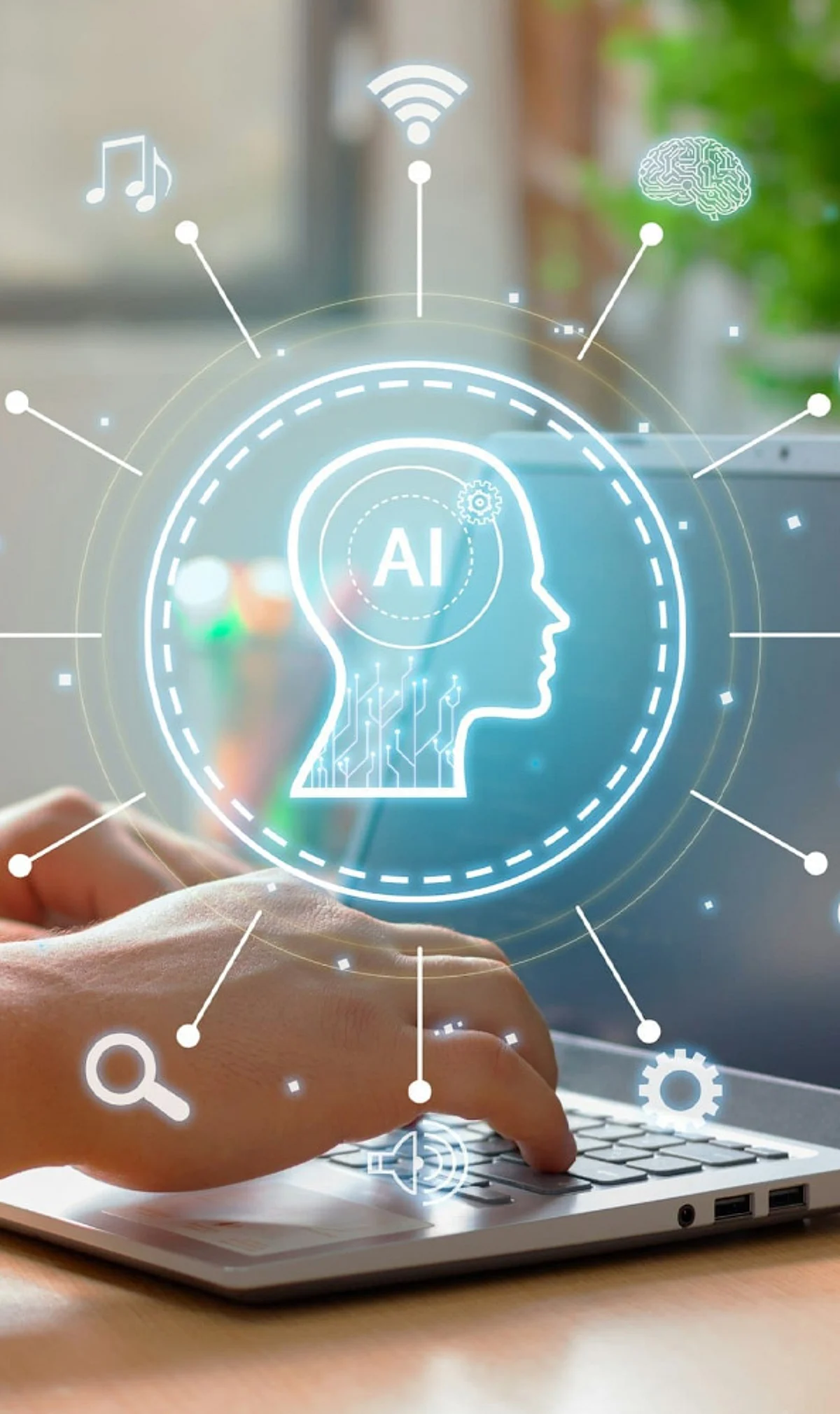Artificial Intelligence (AI) is set to dramatically transform the information technology (IT) landscape in 2025, influencing various sectors and reshaping how businesses operate. Key trends such as AIOps, edge computing, low-code platforms, and advancements in cybersecurity are at the forefront of this transformation, fundamentally altering the future of work.
The integration of AI into IT is not merely a trend; it represents a significant shift in how organizations leverage technology. According to a report by the International Data Corporation (IDC), global spending on AI technologies is projected to reach $110 billion by 2024, indicating a robust investment climate. This growing financial commitment underscores the critical role AI plays in driving innovation and efficiency.
AIOps and Edge Computing: The New Frontiers
AIOps, which stands for Artificial Intelligence for IT Operations, combines machine learning and big data to enhance IT operations. By automating processes and providing data-driven insights, AIOps allows organizations to respond to incidents more swiftly and effectively. Businesses implementing AIOps have reported up to a 30% increase in operational efficiency, according to a study by Gartner.
Edge computing complements these advancements by processing data closer to the source, thereby reducing latency and bandwidth usage. As more devices connect to the Internet of Things (IoT), the demand for edge computing solutions is skyrocketing. A recent market analysis by Fortune Business Insights estimates that the global edge computing market will grow from $4.68 billion in 2021 to $43.4 billion by 2028.
The combination of AIOps and edge computing is paving the way for smarter, more responsive IT infrastructures, enabling companies to enhance customer experiences and streamline operations.
Low-Code Platforms and Cybersecurity Innovations
Low-code platforms are another significant development in the tech landscape. These platforms allow users to create applications with minimal coding, making technology development accessible to a broader audience. According to Forrester Research, the low-code development market is expected to reach $21 billion by 2022, reflecting a growing trend toward democratizing software development. This shift empowers business users, or “citizen developers,” to contribute to innovation without needing extensive programming skills.
Simultaneously, as reliance on digital platforms increases, cybersecurity remains a top priority. AI is being employed to enhance security measures, with tools capable of predicting and mitigating threats in real-time. A report from Cybersecurity Ventures predicts that cybercrime will cost the world $10.5 trillion annually by 2025, which emphasizes the urgent need for advanced cybersecurity solutions. AI-driven security systems can analyze vast amounts of data to detect anomalies and potential breaches, providing organizations with a proactive defense mechanism.
Additionally, the rise of quantum AI—combining quantum computing and AI—promises to revolutionize data processing capabilities. Experts believe that this technology could solve complex problems beyond the reach of classical computers, potentially transforming industries such as finance and healthcare.
As AI continues to reshape the IT landscape, organizations must adapt to these emerging trends to remain competitive. The workforce will also evolve, with a greater emphasis on skills related to AI and digital literacy. Companies investing in employee training and development can ensure they harness the full potential of these technologies.
The future of work in the IT sector is being defined by these advancements. As businesses navigate this rapidly changing environment, the impact of AI will be felt across all levels of operation, influencing everything from strategic decision-making to daily tasks.
In conclusion, the integration of AI into IT is not just a fleeting trend; it represents a profound shift that will shape the industry in 2025 and beyond. With significant investments, innovative solutions, and an evolving workforce, the IT sector stands poised for a transformative era driven by artificial intelligence. Organizations that embrace these changes will not only enhance their operational capabilities but also position themselves as leaders in the global economy.
